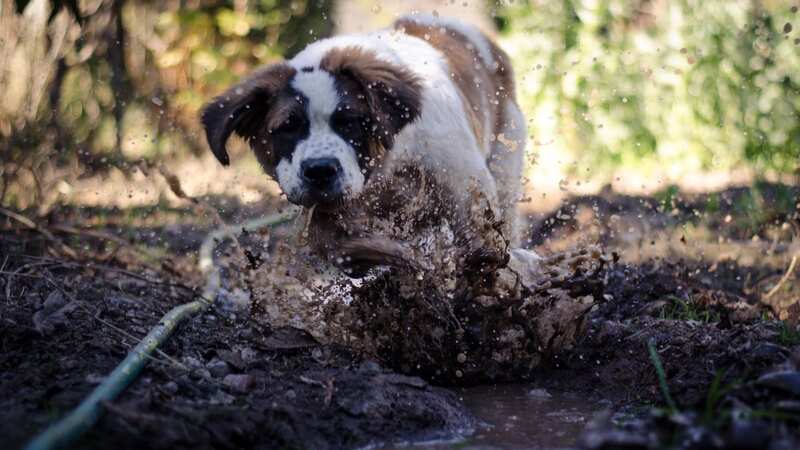Warning over deadly Alabama Rot as seven cases confirmed in UK

Dog experts have issued a warning after seven confirmed cases of Alabama Rot this year.
The Insurance Emporium has renewed warnings over the disease and revealed they have recorded one dog fatality. Cases of the dog disease are more common between November and March and Alabama rot, also known as CRGV (Cutaneous and Renal Glomerular Vasculopathy), is a potentially life-threatening disease. The illness affects the skin and kidneys of dogs by causing small clots that block and damage the blood vessels.
It can lead to organ dysfunction and eventually kidney failure. While it's very rare, it does have a high mortality rate and is hard to diagnose. One of the reasons Alabama rot is so tricky to diagnose and treat is that the cause isn't currently known, but the majority of cases occur in dogs who live in rural areas, and cases are higher in the winter and spring, so it's thought to be linked to wet and muddy conditions.
 Alabama rot, also known as CRGV (Cutaneous and Renal Glomerular Vasculopathy), is a potentially life-threatening disease for dogs (Getty Images/iStockphoto)
Alabama rot, also known as CRGV (Cutaneous and Renal Glomerular Vasculopathy), is a potentially life-threatening disease for dogs (Getty Images/iStockphoto)It's important to remember that all of these symptoms can be caused by other common illnesses and while there are no tests that can confirm a diagnosis, your vet will be able to run general blood and urine tests to check their kidney function.
Treatment depends on the symptoms; for example, skin lesions can be treated topically, but if your dog shows signs of kidney failure (reduced appetite, increased thirst, vomiting and lethargy) they will need more intensive treatment.
 Furious chimp launches bottle at girl filming him leaving her bleeding at zoo
Furious chimp launches bottle at girl filming him leaving her bleeding at zoo
Sadly, many dogs that develop Alabama rot don't survive but some can fight it off, so it's important to contact your vet as soon as you suspect they are showing symptoms; the earlier they are caught the better their chance of recovery.
In 2018 the Royal Veterinary College developed a breakthrough treatment known as Therapeutic Plasma Exchange, or 'plasmapheresis', which filters the blood of the infected animal to remove toxins. In trials, two out of six dogs made a full recovery; the first time severely infected dogs have been known to survive.
Additionally, scientists at the University of Bristol researching the cause of the disease made a major breakthrough after they have isolated a bacterium from material of dozens of confirmed cases of cutaneous and renal glomerular vasculopathy (CRGV) cases. Their work is expected to be completed early in the new year and offers a range of "very exciting" possibilities.
While you can't actively prevent it, there is evidence that suggests it's more common between November and March and could be picked up on wet, muddy walks, so:
There have been no cases in other animals or humans, and it's not thought to be contagious.
Alabama rot has been reported across the UK, although most of the first reported cases were in the New Forest area. If you're concerned you can check your local area to see if there are any reported cases near you, using this tool.
While there have been more reported cases recently, this could be because pet owners and vets are more aware and are better at recognising the signs. Thousands of dogs are walked in the countryside every day and the threat is very low, so it's important not to panic but to contact your vet if you have any concerns.
* An AI tool was used to add an extra layer to the editing process for this story. You can report any errors to webhomepage@mirror.co.uk
Read more similar news:
Comments:
comments powered by Disqus

































